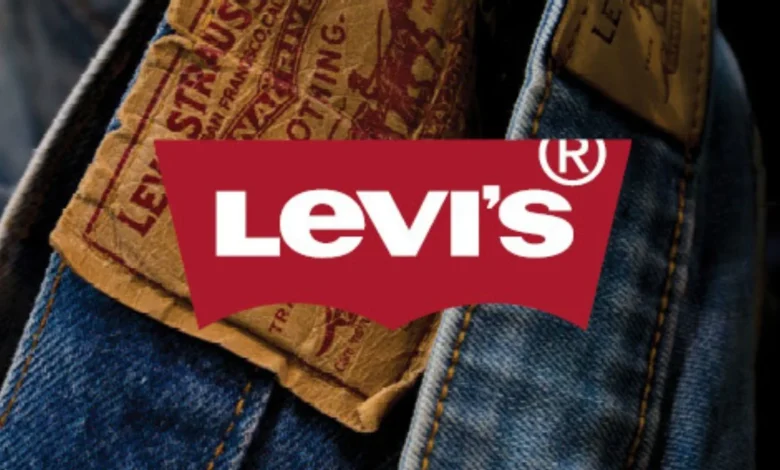Denim Reinvented: How Levi’s Wove Heritage into Modern Success

Denim Reinvented: How Levi’s Wove Heritage into Modern Success. In 1873, Levi Strauss & Co. introduced the first pair of riveted denim jeans, laying the foundation for what would become a global fashion staple. Over the ensuing 150 years, Levi’s has navigated the evolving landscape of fashion, technology, and consumer preferences to remain a dominant force in the industry.
Embracing Heritage While Innovating
Levi’s has masterfully balanced its rich heritage with modern innovation. The brand’s “Live in Levi’s” campaign exemplifies this approach, celebrating the authentic experiences of individuals while introducing contemporary styles and fits. This strategy has allowed Levi’s to maintain its iconic status while appealing to new generations of consumers.

Strategic Collaborations and Cultural Resonance
Collaborations have been pivotal in Levi’s strategy to stay culturally relevant. Partnerships with artists like Beyoncé have not only boosted the brand’s visibility but also led to tangible business outcomes. Following the release of Beyoncé’s “Cowboy Carter” album, which featured a track titled “Levii’s Jeans,” Levi’s experienced a 20% increase in store footfall and a notable rise in its share price. Additionally, the brand’s collaboration with K-Pop group NewJeans as global ambassadors has strengthened its appeal among younger demographics, particularly in Asia.
Leveraging Technology and Data Analytics
In the digital age, Levi’s has harnessed technology to better understand and serve its customers. By partnering with Google Cloud, the company has utilized machine learning algorithms to analyze purchasing behaviors across 110 countries. This data-driven approach enabled Levi’s to identify and capitalize on the resurgence of baggy jeans, leading to a 15% increase in sales of looser fits.

Direct-to-Consumer (DTC) Strategy
Recognizing the shifting retail landscape, Levi’s has invested heavily in its DTC channels. By enhancing its e-commerce platform and expanding its physical retail footprint, the brand has created a seamless shopping experience for customers. This omnichannel approach has not only improved profit margins but also provided valuable consumer insights, allowing for more personalized marketing and product offerings.
Commitment to Sustainability
Levi’s has demonstrated a strong commitment to environmental sustainability. Initiatives like the “Buy Better, Wear Longer” campaign encourage consumers to make more sustainable fashion choices. The brand has also introduced products like the “circulose” 501 jeans, made entirely from recycled textile waste, and the Water<Less™ collection, which significantly reduces water usage during manufacturing.

Actionable Insights for Aspiring Entrepreneurs
- Balance Tradition with Innovation: Leveraging a brand’s heritage can build trust, but continuous innovation is essential to stay relevant.
- Engage in Strategic Partnerships: Collaborations with culturally influential figures can amplify brand visibility and resonate with target audiences.
- Utilize Data Analytics: Investing in technology to understand consumer behavior can inform product development and marketing strategies.
- Adopt an Omnichannel Approach: Integrating online and offline retail channels can enhance the customer experience and drive sales.
- Prioritize Sustainability: Implementing environmentally friendly practices can meet consumer demand for ethical products and differentiate a brand in the market.
Levi’s journey illustrates the importance of adaptability, strategic planning, and a deep understanding of consumer values. By staying true to its roots while embracing change, Levi’s continues to thrive in a competitive industry.


